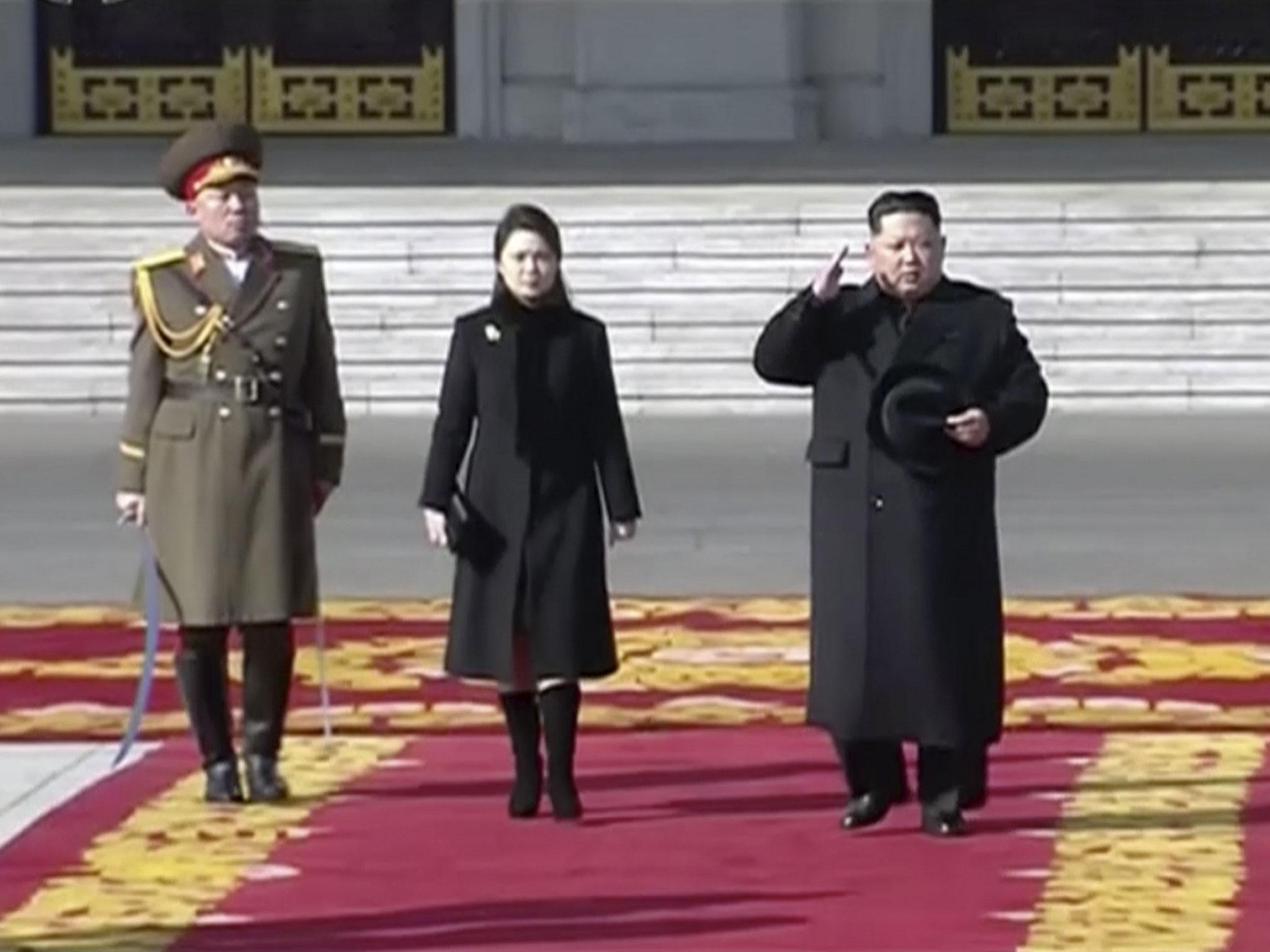Forget nuclear war – the Winter Olympics could finally bring diplomacy to the Korean peninsula
Whether the games can command a more positive narrative and stronger legacy remains to be seen

Even before the Winter Olympics kicks off in South Korea this week, the event had already delivered an unexpected geopolitical dividend. The recent mini-rapprochement between North Korea and the South has thawed ties, and the key question now is whether this will be sustained and significant.
The unexpected bilateral warming began with North Korean leader Kim Jong-un’s New Year message that the Olympics would be a “good opportunity to show unity of the people”. He also spoke of potentially melting “frozen North-South relations”, and since then the two nations have re-opened a diplomatic hotline, and the Trump team has also consented to suspend joint military drills previously scheduled to coincide with the games. Pyongyang also confirmed last month that it would send athletes and cheerleaders to the games in PyeongChang starting after the nations’ first high level, bilateral talks in two years. South Korea said that it will temporarily lift sanctions to allow its neighbour to attend the Olympics.
Any thawing in North-South relations would be a big surprise to many. It was only in December that Nikki Haley, the US Ambassador to the United Nations, had painted a bleaker scenario after months of rising tensions in the peninsular. She said that security challenges from North Korea meant that it was an “open question” whether US athletes would be able to compete at the Olympics because of the problem "of how we protect US citizens in the area".

Whether the 2018 Winter games can command a more positive narrative and stronger legacy remains to be seen. In part, this is because while ties between North and South Korea are at least temporarily warmer, tensions between Pyongyang and Washington remain high.
Last month, for instance, saw the spectacle of Donald Trump remarking that the size of his “nuclear button” is bigger and more powerful than Kim’s in North Korea. Jong-un has claimed that “the entire mainland of the US is within the range of our nuclear weapons and the nuclear button is always on the desk of my office“.
With the US homeland looking increasingly vulnerable, and the prospect of further North Korean missile and nuclear tests in 2018, Trump and some key allies in the region, including Japan, want to intensify international pressure on Pyongyang which may lead to new spikes in tensions. Aside from the possibility of military force, scenarios include further sanctions, and the possibility of a naval blockade to enforce existing sanctions — including interdicting ships suspected of selling North Korea weapons abroad, one of the regime’s key sources of income.
There are shifting sands here. While hosting such major sporting contests often still commands significant national prestige, they also bring about unpredictability and can be plagued by political risks and other controversies.
Take the example of the most recent Summer Olympics in Brazil. In 2009, when Rio won the right to host the games, the country was enjoying its status as a leading emerging market economy. By 2016, Brazil was mired in a political crisis surrounding the impeachment of President Dilma Rousseff and was suffering from the worst recession in decades which forced significant spending cuts to the Olympic budget. Following the Zika outbreak, more than 100 prominent doctors and professors wrote an open letter to the World Health Organisation asking for the games to be postponed or moved from Brazil “in the name of public health”.
The problems associated with staging the Olympics are also exemplified by the Summer games in Athens in 2004, which occurred just before Greece’s slide into economic turmoil. Those games, at that stage the most expensive Olympics ever, are estimated to have cost around $12 billion but only generated about $3 billion in income. Within days of the Olympic closing ceremony, the Greek Government warned Brussels that the nation’s public debt and deficit would be significantly worse than anticipated. And in 2005, the country became the first Eurozone country to be placed under fiscal monitoring by EU authorities.
This backdrop underlines the fragility of the unexpected window of opportunity that has opened up between North and South Korea this winter. Securing a significant and sustained de-escalation in tensions on the peninsular will not be easy, even with both sides expressing an interest in the games.
Andrew Hammond is an Associate at LSE IDEAS at the London School of Economic
Join our commenting forum
Join thought-provoking conversations, follow other Independent readers and see their replies
Comments
Bookmark popover
Removed from bookmarks